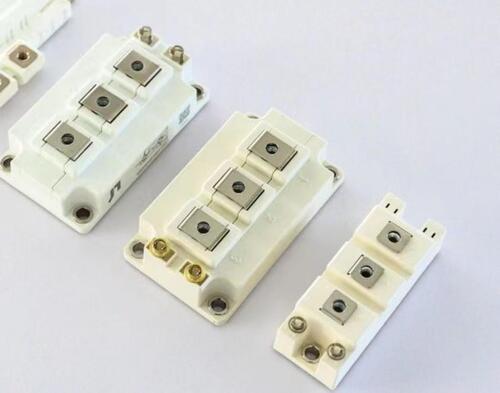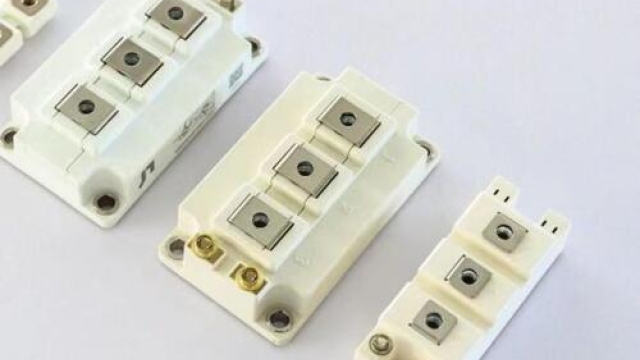
Innovation in modern technology is often catalyzed by advancements in electronic components that enhance efficiency and performance. One such critical component making waves in various industries is the Insulated Gate Bipolar Transistor Module, more commonly known as the IGBT Module. As a pivotal building block in power electronics, the IGBT Module plays a vital role in converting and controlling electric power in numerous applications, from electric vehicles and renewable energy systems to industrial machinery and smart grids.
The impact of IGBT Modules on technological progress cannot be overstated, with their ability to switch high power levels efficiently making them indispensable in driving innovation forward. With the capability to handle significant voltage and current levels while minimizing energy loss and heat generation, IGBT Modules have revolutionized the way power is managed and distributed in diverse electronic systems. Let’s delve deeper into the workings and significance of these modules to gain a comprehensive understanding of their role in shaping the future of technology.
Benefits of IGBT Modules
IGBT modules offer enhanced power efficiency and reliability compared to traditional power devices. The switching speed and low on-state voltage drop of IGBT modules contribute to reduced power losses, making them ideal for applications requiring high efficiency.
Another key benefit of IGBT modules is their ability to handle high voltage and current levels, while maintaining thermal stability. This capability is essential for power electronics applications where performance under extreme conditions is crucial.
Furthermore, IGBT modules provide a compact and versatile solution for power conversion systems. Their modular design allows for easy integration and scalability in a wide range of applications, from industrial drives and renewable energy systems to electric vehicles and consumer electronics.
Applications in Modern Technology
In the field of renewable energy, IGBT modules play a crucial role in converting and managing power from sources such as solar panels and wind turbines. These modules help regulate the flow of electricity, ensuring optimal performance and efficiency in renewable energy systems.
IGBT modules are extensively utilized in electric vehicles to control the power flow between the battery and the motor. This application enables the precise modulation of power delivery, leading to improved energy efficiency and the ability to achieve higher speeds while maintaining safety standards.
Moreover, IGBT modules are integral components in modern industrial automation systems. By facilitating precise control over electrical currents, these modules help enhance the performance and reliability of automated machinery, resulting in increased productivity and cost-effectiveness for industries across various sectors.
https://www.slw-ele.com
Future Developments
Looking ahead, the future of IGBT modules holds exciting possibilities. Continued advancements in semiconductor technology are expected to result in even more efficient and compact IGBT modules, further enhancing their performance across various industries. Additionally, ongoing research and development efforts aim to improve the reliability and durability of these modules, ensuring a longer lifespan and reduced maintenance requirements.
Another area of focus for future developments is the integration of IGBT modules with other advanced technologies such as artificial intelligence and IoT systems. This integration opens up new avenues for smart applications and automation processes, enabling enhanced control and optimization in diverse settings. The potential synergies between IGBT modules and emerging technologies are anticipated to drive innovation and create new opportunities for efficiency gains in numerous sectors.
Moreover, the shift towards sustainable energy solutions is steering the development of IGBT modules towards greater energy efficiency and environmental friendliness. With a growing emphasis on renewable energy sources and electrification, IGBT modules are poised to play a crucial role in enabling the transition towards a greener future. As research continues to push the boundaries of what is possible with IGBT technology, the prospects for sustainable and eco-friendly innovations are becoming increasingly promising.
















